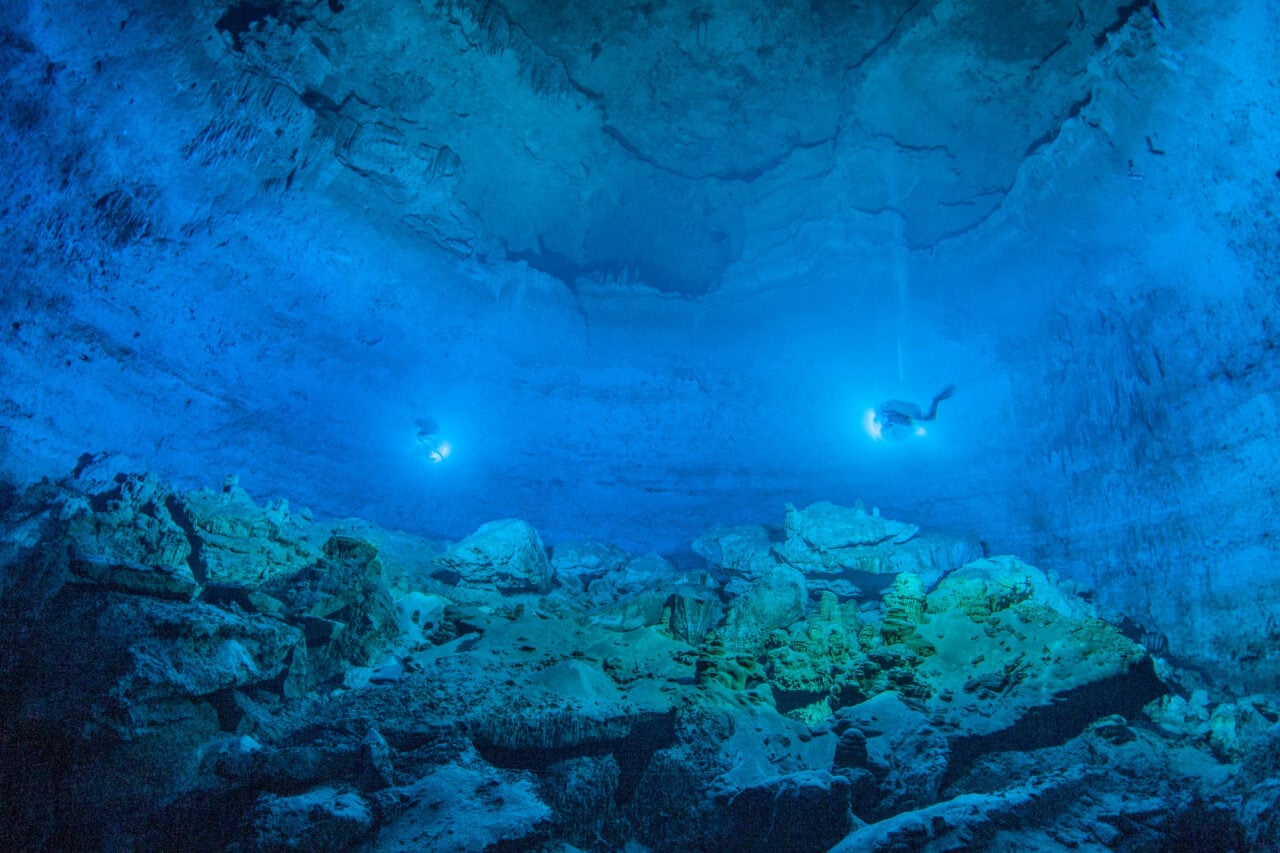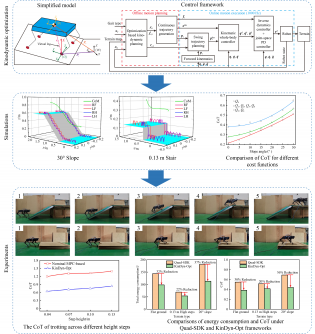The Yale School of the Environment will introduce two new one-year graduate programs in August 2024, targeting professionals in the field. The Executive Master of Environmental Management (EMEM) and Executive Master of Forestry (EMF) programs aim to provide an accelerated educational experience for mid-career professionals with at least ten years of relevant work experience.
Indy Burke, the Dean of the School of the Environment, stated that while the traditional two-year programs offer a comprehensive learning experience for early-career individuals, the new executive master’s degrees will maintain a high level of interaction and immersion tailored specifically for senior leaders. Burke emphasized the personalized nature of these programs, designed to meet the needs of experienced professionals.
The creation of these programs marks a revival of Yale’s original one-year Master’s of Environmental Management and Master’s of Forestry degrees, which were previously offered under the same names. According to Mark Ashton, the director of Yale Forests and senior associate dean, the initiative reflects a recognition of the need for intensive educational opportunities in a rapidly evolving environmental landscape.
Participants in the EMEM and EMF programs will engage fully in residential education, allowing them to immerse themselves in Yale’s academic environment. Agustín Carbo, a graduate of the School of the Environment, highlighted the benefits of such immersive experiences. Carbo, who completed his studies in the mid-career residential program in 2011-12, noted that the program provided him with a holistic perspective on environmental issues. He credits his education for enabling him to integrate climate change considerations into waste management policies during his tenure as executive director of the Puerto Rico Solid Waste Authority.
Carbo remarked, “This was an amazing experience,” and expressed a desire to have taken more classes, illustrating the enriching atmosphere at the School of the Environment. His subsequent appointment as the inaugural chairman of the Puerto Rico Energy Bureau underscores the potential career advancements available to graduates of these programs.
The EMF program, in particular, mandates that applicants possess a background in forestry or natural resources, alongside significant work experience related to environmental management. As Ashton pointed out, “Once you are in a job and in the daily routine of work, it is very difficult to take time out and catch up on the tremendous advances in knowledge on the science and management of the environment.” He believes that the one-year immersive experience can significantly enhance a professional’s career trajectory.
In addition to the rigorous academic structure, the program will foster a diverse intellectual community. Kenneth Gillingham, senior associate dean of academic affairs, noted that the inclusion of experienced environmental leaders will enrich the educational dialogue at the School. He stated, “There has long been an interest in bringing in a small number of mid-career environmental leaders to the Yale School of the Environment, as they add greatly to intellectual discourse.”
Founded in 1900 as the Yale Forest School, the School of the Environment has a long history of preparing leaders in environmental fields. The introduction of these one-year executive programs is a strategic move to adapt to the evolving demands of environmental management and to better equip professionals with the necessary skills and knowledge to address pressing global challenges.
As the world grapples with complex environmental issues, these programs represent an important step in fostering the next generation of leaders equipped to drive meaningful change.







